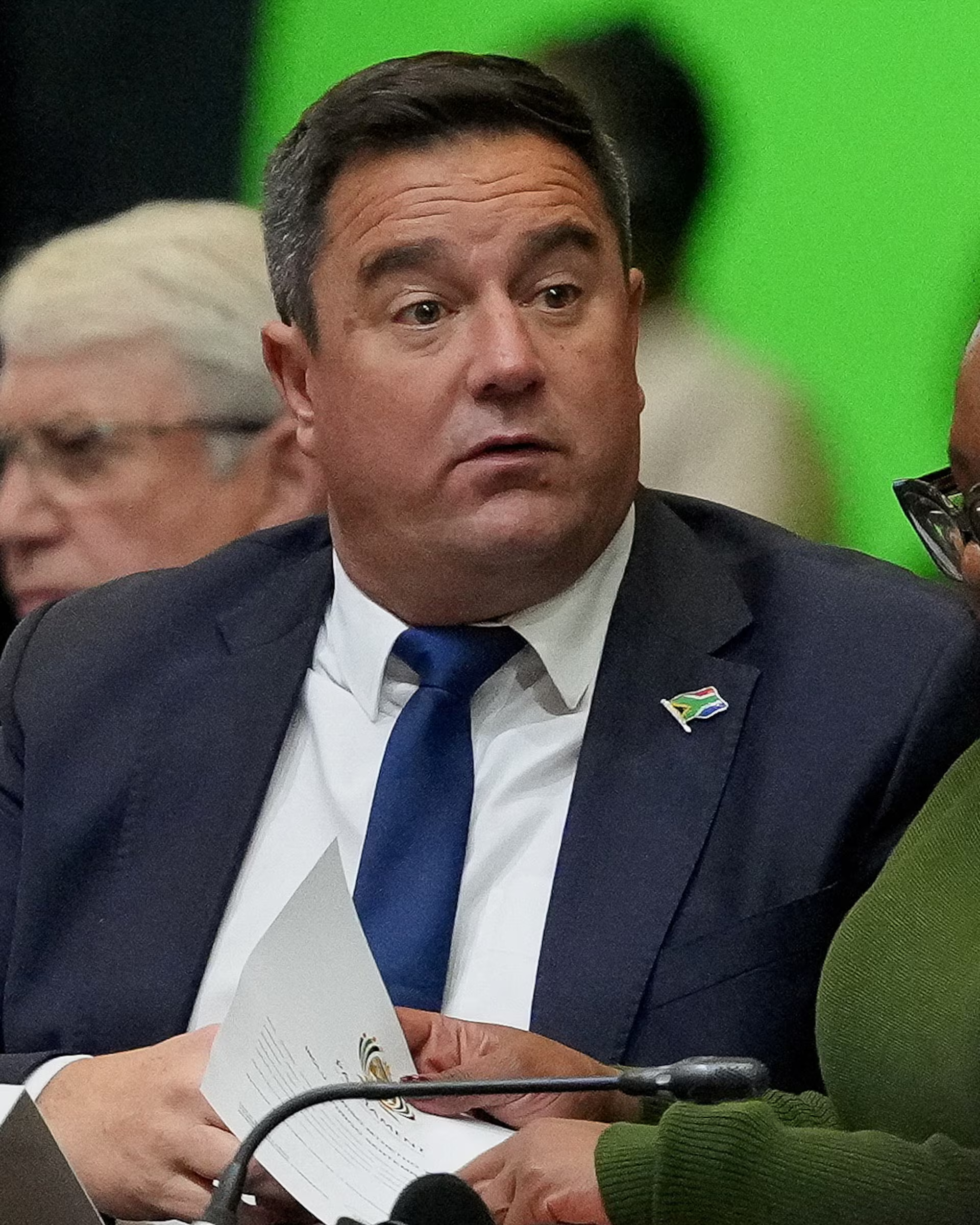
South Africa’s fragile political alliance is showing fresh signs of strain after the Democratic Alliance (DA), the country’s main opposition party, abruptly withdrew from President Cyril Ramaphosa’s national dialogue initiative, less than a year after entering the unity government.
The DA’s leader, John Steenhuisen, denounced the process as futile, accusing the ruling African National Congress (ANC) of undermining the dialogue’s objectives by allowing what he called “the corrupt” to remain in positions of power.
“It’s a waste of time and money,” Steenhuisen declared, arguing that genuine reform is impossible without a full break from individuals and institutions implicated in wrongdoing.
The DA’s decision to walk away from the initiative underscores the deep rifts within the unity coalition formed in July 2024, when the ANC lost its parliamentary majority and brokered a governing agreement with the opposition.
The national dialogue, launched on June 10, was intended to unite key stakeholders across the political and civic spectrum to address the country’s most pressing challenges, including rising unemployment, rampant crime, and entrenched corruption.
However, DA officials claim the dialogue has failed to provide a credible roadmap for change.
Tensions between the ANC and DA have mounted in recent months.
Accusations of unilateral decision-making, the sacking of a DA minister, and policy disagreements have eroded trust within the coalition.
The DA’s withdrawal from the national dialogue, though not a formal exit from the government itself, signals a significant political rupture.
“The corrupt still sit at the table of power,” Steenhuisen stated, a direct rebuke to Ramaphosa’s leadership and his anti-corruption commitments.
The President, meanwhile, has not publicly responded to the DA’s walkout.
Initially designed as an inclusive platform with a 2026 horizon, the dialogue’s future now hangs in the balance.
Analysts warn that its credibility has been seriously damaged, raising doubts about its capacity to foster genuine consensus.
As South Africa approaches the first anniversary of the coalition experiment, the DA’s exit may be a harbinger of further realignments in the political landscape.
What was once envisioned as a bold experiment in national unity increasingly appears to be teetering on the brink of collapse.



